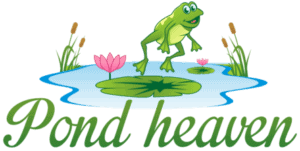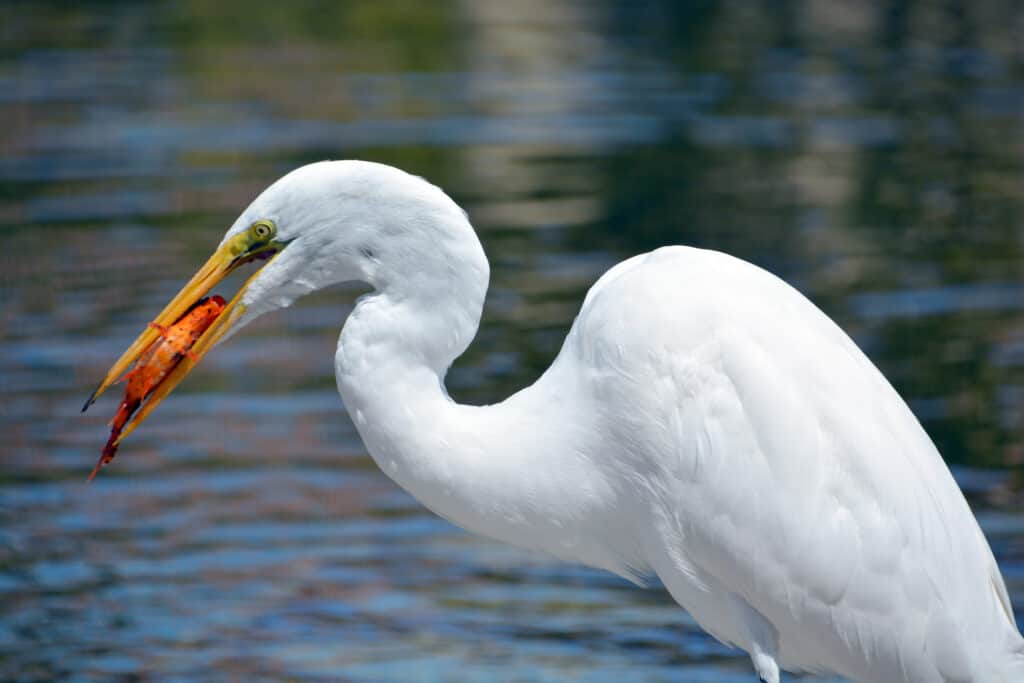
Koi lovers will agree that there is no greater joy than sitting back and watching these elegant beauties make their regal appearance in their pond. This joy can be short-lived when you unexpectantly notice a limp Koi floating to the surface. It may leave you wondering what are The 9 Things That Can Cause Your Koi To Die Suddenly.
The 9 things that can cause your Koi to die suddenly include.
- Poor Water Quality In Koi Ponds
- Viral / Bacterial Infections Of Koi
- Excessive Use Of Algaecides In Koi Ponds
- Lack Of Oxygen In Koi Ponds
- Overcrowding Of Koi
- Attacks By Predators
- Jumping Of Koi Out Of Their Ponds
- Pesticides In Koi Ponds
- Result of Ulcers In Koi
Suppose you have recently had to deal with the unexpected death of your Koi or want to know how you can prevent your Koi from suddenly dying. Then this article is for you. We will look at each of the above reasons in detail and explore if there is any possibility of reviving a dead Koi.
Pro Tip: If you’re tired of wasting money and making costly mistakes on the koi-keeping hobby or are thinking about buying koi fish but don’t know where to start, I strongly suggest you check out this ebook. I recently read this ebook, and it contains SO much useful information, such as:
- 3 proven steps to identify koi fish diseases
- WARNING: 3 things you should NEVER do when it comes to caring for koi
- When to seek professional help when it comes to looking after your koi
Factors That Can Cause Your Koi To Die Suddenly
A colorful addition to any outdoor space, a Koi is a hardy breed of fish suited to any climatic conditions. Their longevity is possible if you follow a proper care routine and meet their basic needs. There is, however, in some instances that despite your efforts, a Koi may suddenly die. Let’s explore some of the possible scenarios for this happening.
Poor Water Quality In Koi Ponds
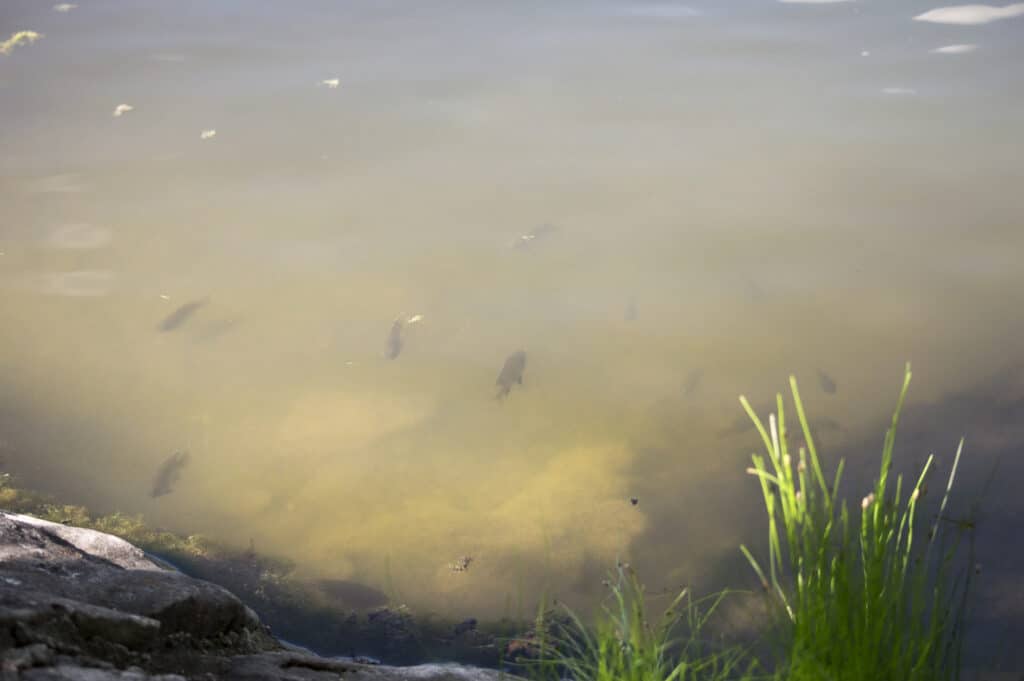
A famous saying is, “You can’t take a fish out of the water!” This statement is ideally suited to that of a Koi. The water quality will ultimately determine how long a Koi will live.
In the biological cycle of a Koi, ammonia is produced from fish waste which is eventually turned into nitrates. Although chemicals can help combat this ammonia, a water filtration system that in-cooperates with a UV sterilizer is best suited. Incorrect water chemistry can also be to the detriment of the Koi and be a contributing factor to sudden death.
The Ph levels must be neither too high nor too low. An ideal Ph level would be, on average, between 7.0 to 7.5. Your Koi can become prone to bacterial infection, which can lead to death if the Ph level is out of the acceptable range
Maintaining the proper Ph level keeps the levels in check by appropriate testing and then adjusting accordingly using buffers and acids. An acid will help reduce a high Ph level. A buffer will help increase a low Ph level.
Viral/Bacterial Infections Of Koi
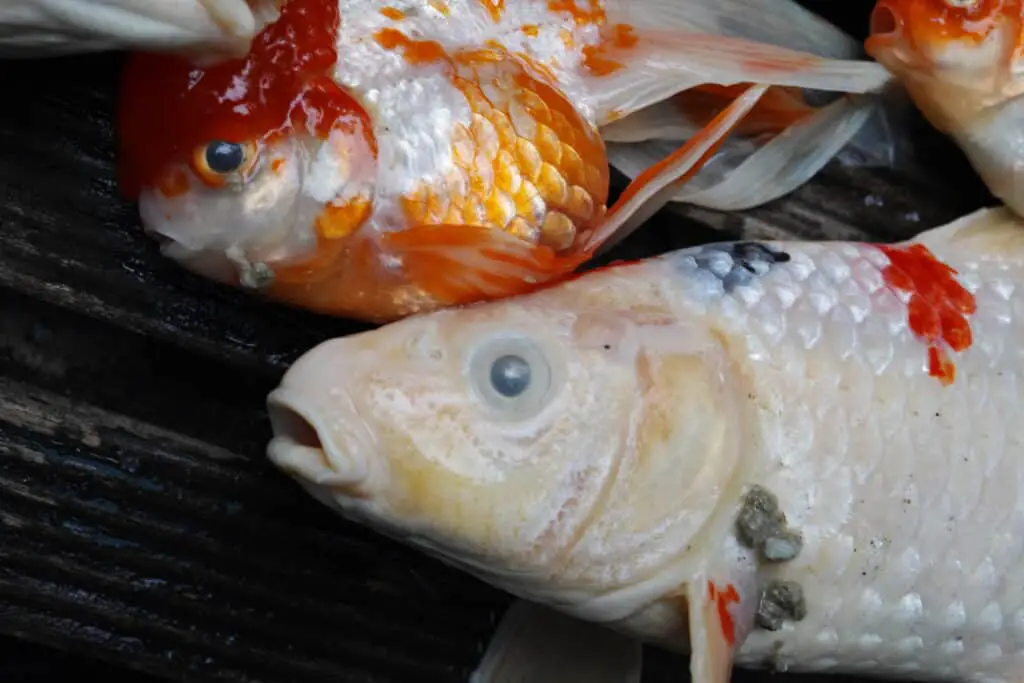
Koi can become easily prone to viral or bacterial infections, eventually leading to death if not treated immediately. These infections can develop when the quality of the water is not at its optimum.
Excessive Use Of Algaecides In Koi Ponds
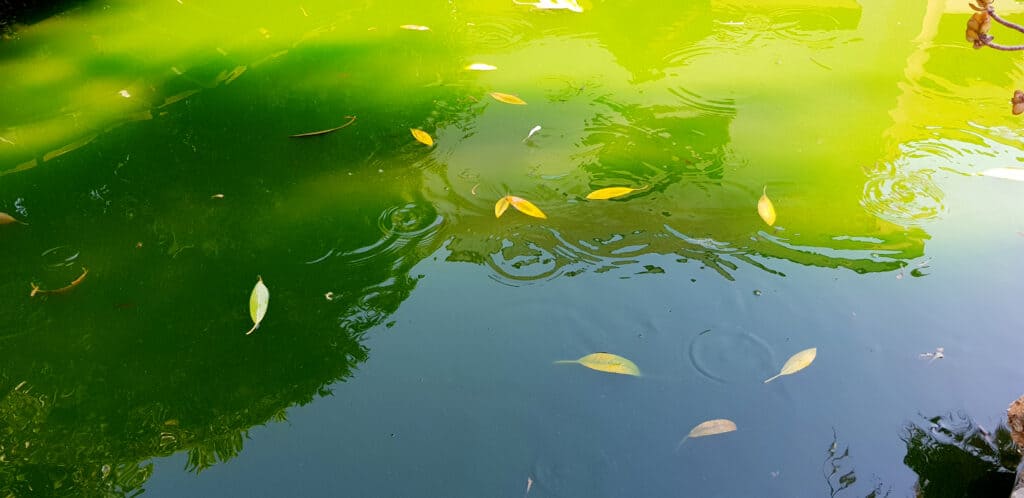
It is prevalent to see the appearance of algae in a Koi Pond. These algae can often benefit the pond by keeping nutrient levels in check and serving as a snack to the Koi.
You can clean the mushy green algae by scrubbing the surface and including some algaecides. Contrary to belief, increasing the dose of algaecides will do more harm than good and may even cause the fish to die suddenly.
Lack Of Oxygen In Koi Ponds
Koi need oxygen-rich waters to survive. If you start to get odors from your Koi Pond, it is a clear sign of a filtration problem. The excessive growth of algae without proper maintenance can strip the pond of nutrients, causing a lack of oxygen, another detriment to the Koi’s survival.
The solution is to invest in an oxygen test kit that will help monitor and maintain the pond’s oxygen level. Alternatively, use an aeration kit that will directly inject air into the pond to keep it oxygenated all year round. Introducing some plants will also help maintain the pond’s oxygen levels.
Overcrowding Of Koi
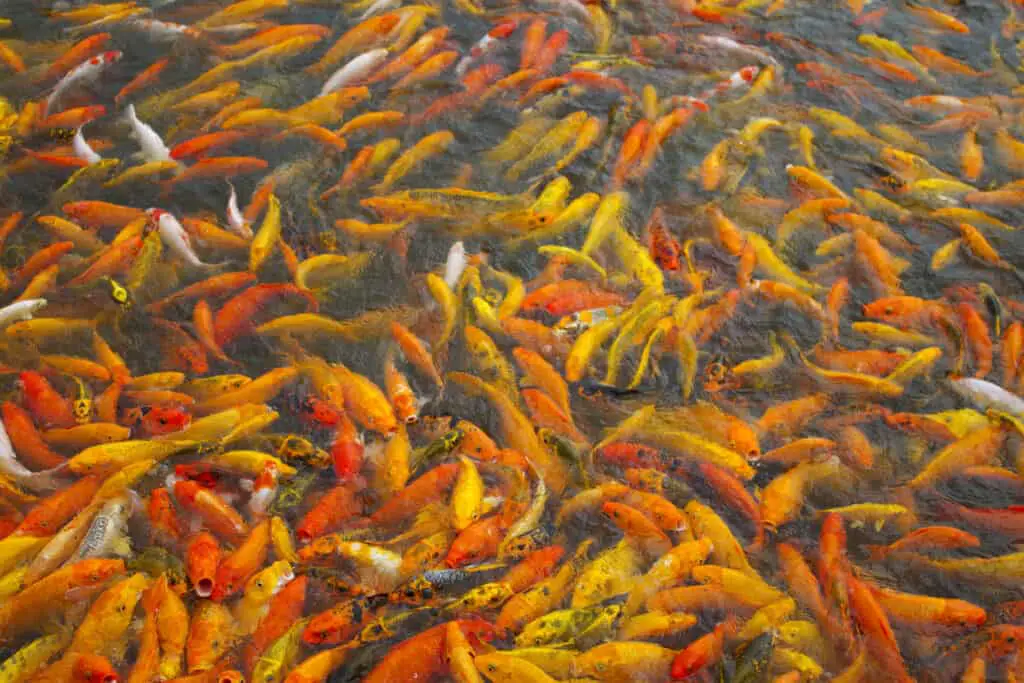
The most common mistake that Koi owners make is the inclusion of too much of Koi in one pond. When it comes to Koi, less is more. Perhaps the inclusion of too many Koi can be the reason for the sudden death. The increase of Koi can result in competition for resources.
As the Koi grows, so too does its demand for resources. Picture having 30 Koi in a confined space; all compete for oxygen and nutrients, apart from the excessive waste build-up and the stress caused by overcrowding. The result is oxygen deprivation and eventually death.
Attacks By Predators

There is a chance that your neighbor’s feline manages to venture into your yard in the hope of an easy meal. Their unsuccessful attempt may not have satisfied their cravings, but their efforts could have very well resulted in the sudden death of the Koi. A possible solution could be netting the water to create a barrier between the fish and the predator.
Jumping Of Koi Out Of Their Ponds
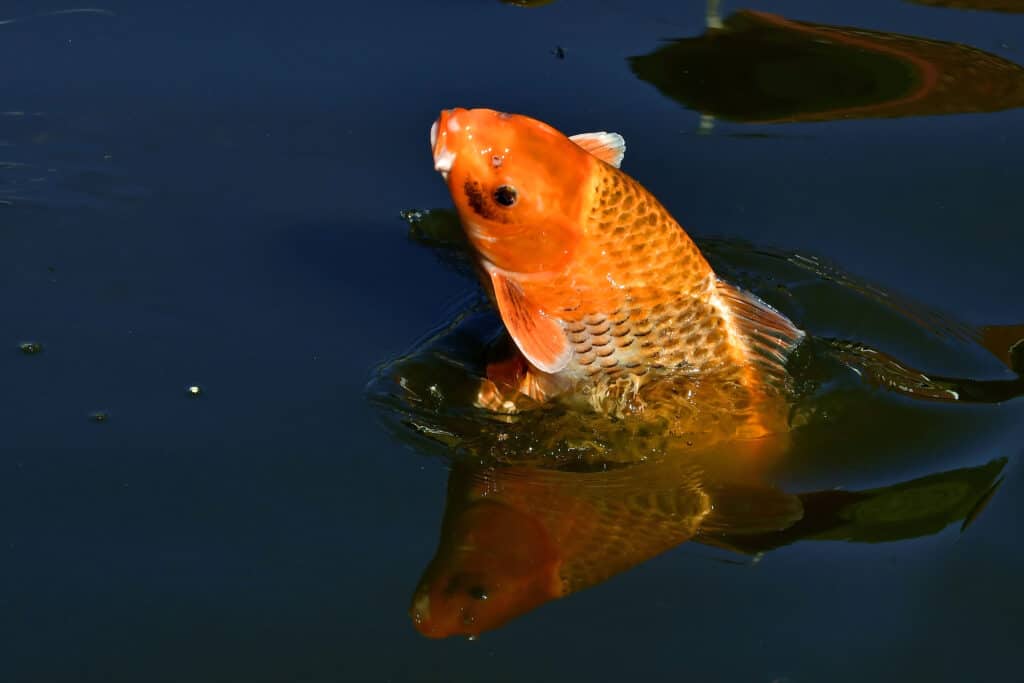
A Koi is known to be a notorious jumper, often searching for food or even perhaps as a means of escape. An overzealous acrobat might try to jump in the hopes of landing back into the pond, only to miss judge and fall flat on his face.

Pesticides In Koi Ponds
No matter how cautious you may be about introducing toxic substances into your garden, there is the unlikely event that heavy rainfalls will cause the runoff of harmful substances into the pond, which can sometimes cause the sudden death of your Koi.
The solution might be a sound drainage system that will divert the water into another direction other than the direction of your pond.
Result Of Ulcers In Koi
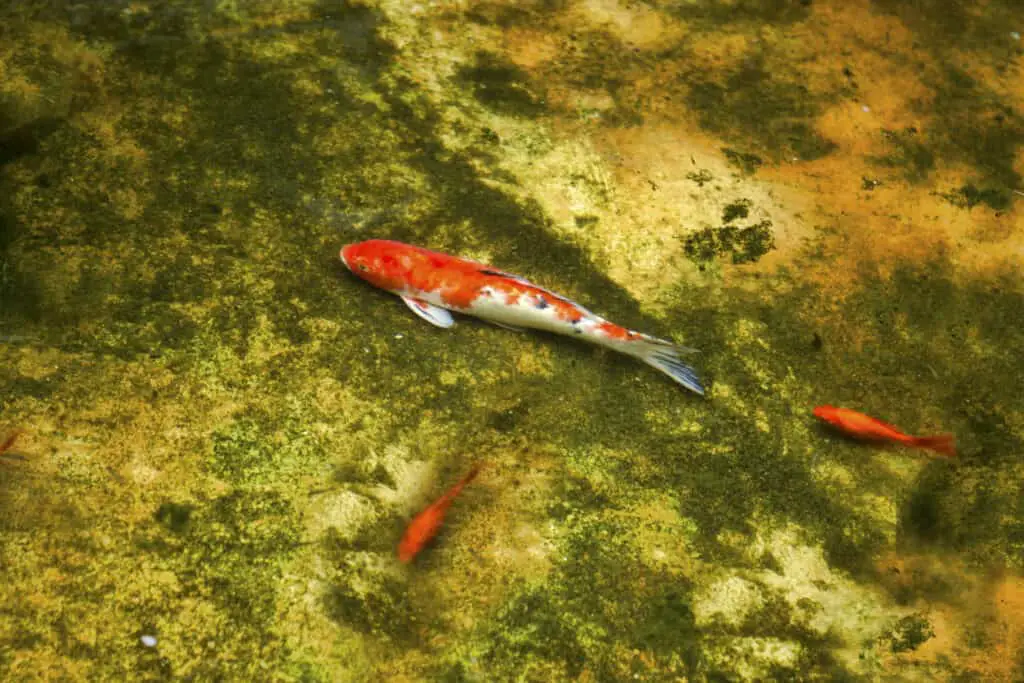
During the colder season, Koi tend to lay on their bellies in the hope of sheltering from the adverse effects of winter. This behavior sees the prolonged contact of their soft bellies with gravel or rocks that often line the bottom of the pond.
This type of injury can often lead to an ulcer, eventually becoming infected and sudden death. The solution is to opt for a smooth pond surface instead of lining the surface of the pond with gravel or rocks.
How Do You Revive A Dead Koi Fish?
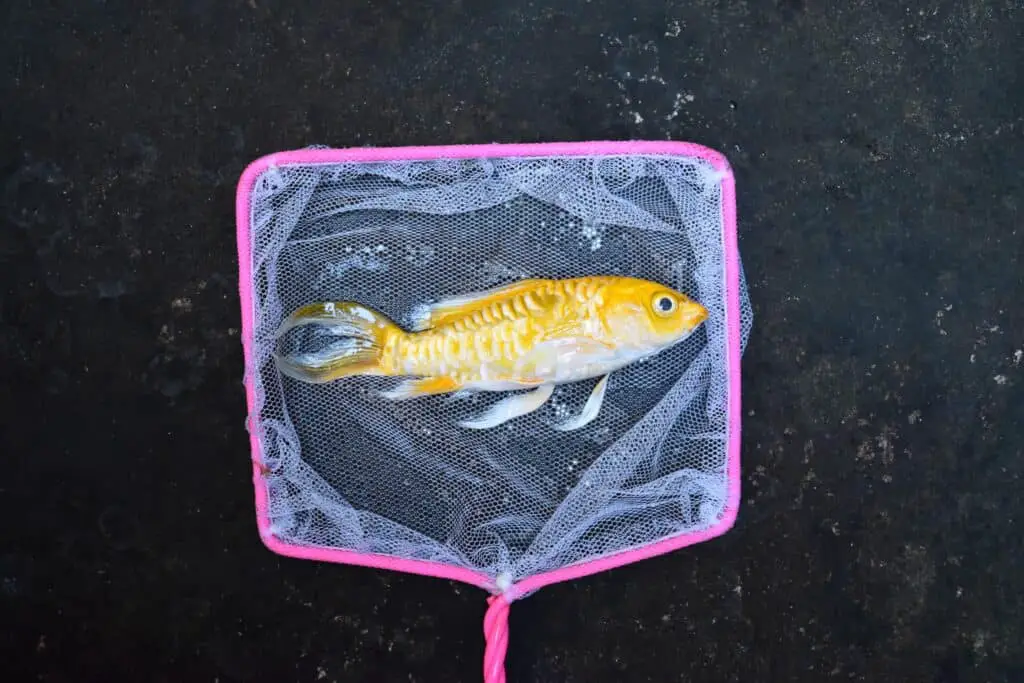
To try to revive a dead koi fish, you can hold the fish upright in a gentle flow of water to try to get its gills working and hope that it will recover oxygen from the water. If the revival is successful, you will start to see the Koi fish pump water through its gills.
Do I Need A Fence Around My Koi Pond?
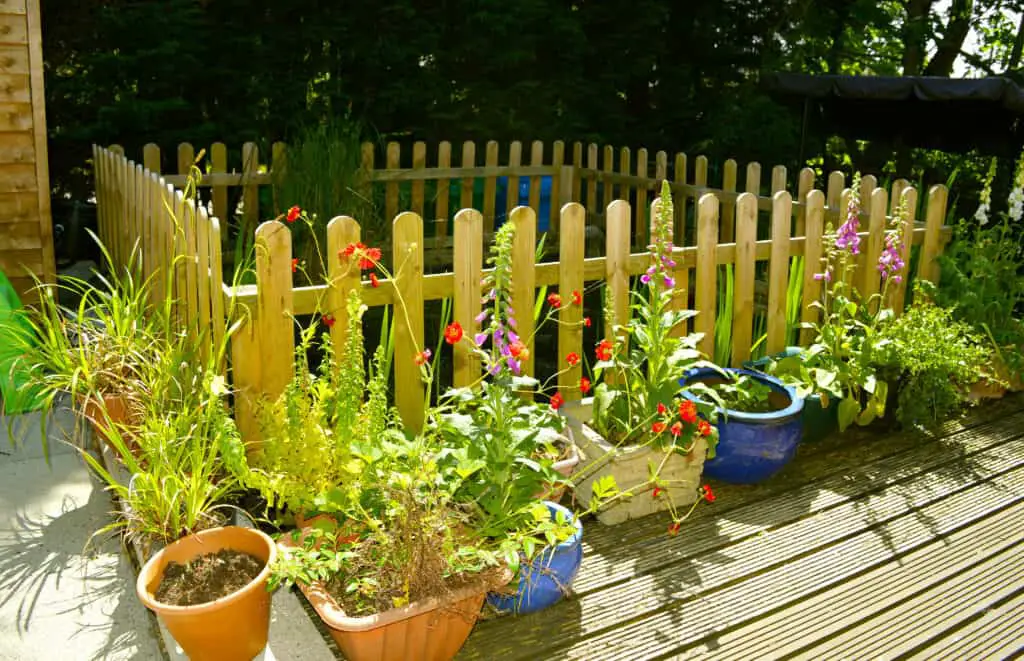
Fences are a great deterrent from keeping would-be predators at bay. An unfenced Koi Pond is easily accessible to the neighbor’s feline or other animals. A fence is also a good idea if you have curious toddlers that might venture into the garden.
Conclusion
The loss of a Koi can be quite daunting, especially if you have no clue about the cause of death. Although revival is not always possible, by exploring the reasons above and rectifying the situation, you might be able to successfully prevent the rest of your Koi from going down the same route of sudden death.
References
https://www.petmd.com/fish/care/evr_fi_facts-about-koi-fish/
https://www.petmd.com/fish/slideshows/guide-koi-and-other-pond-fish-varieties#slide-1/
https://www.quora.com/What-causes-the-Koi-fish-to-die/https://www.allpondsolutions.co.uk/fishkeeping-advice/how-to-not-kill-koi/
